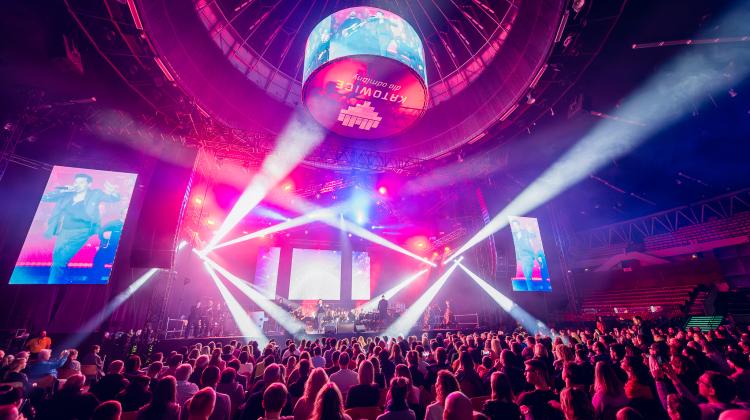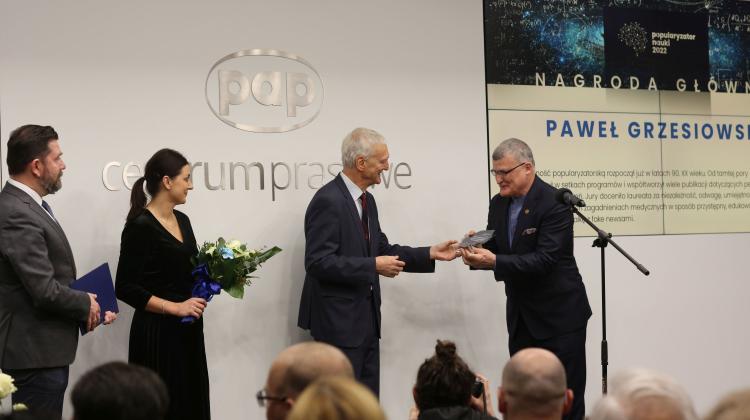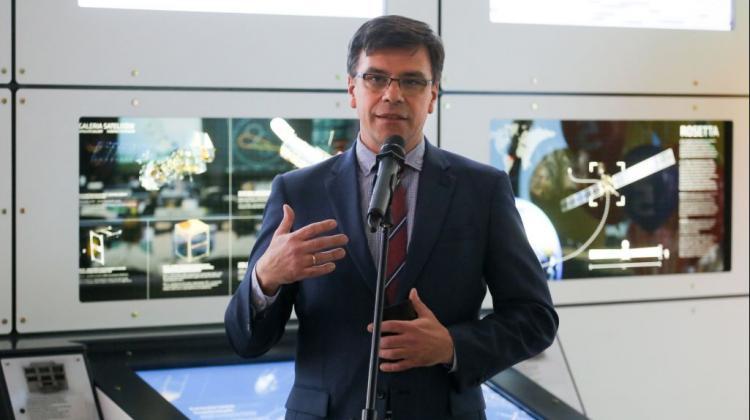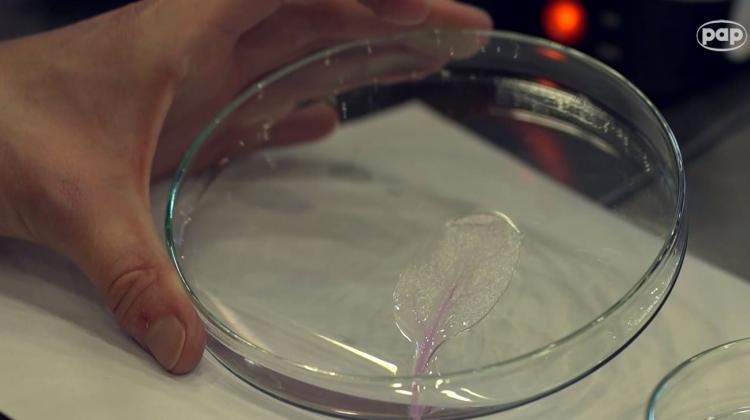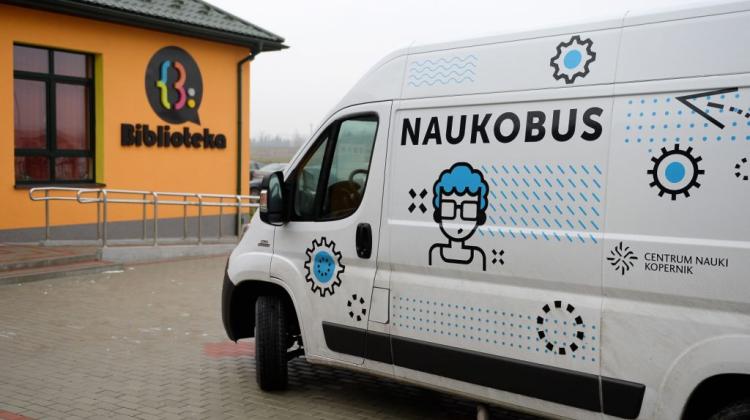Over a thousand attractions at the Science Picnic in Warsaw
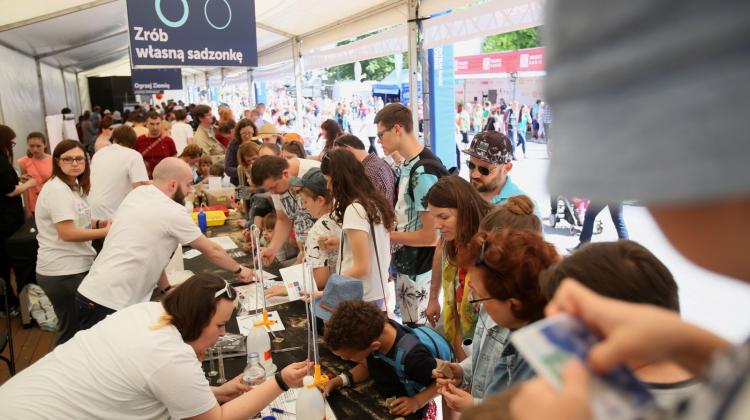
The mammoth skull found in the Vistula and a living library of scientists - these are some of the more than 1000 attractions of the 21st Science Picnic in Warsaw. 205 institutions from Poland and abroad participated in the event that took place on Saturday at the National Stadium.
The Science Picnic of Polish Radio and Copernicus Science Centre, according to the organizers, is the largest open-air popular science event in Europe. The participants included universities, institutes of the Polish Academy of Sciences, museums, science clubs and non-governmental organizations.
Although this year there were over 200 booths - including the tents around the PGE National Stadium - they attracted crowds of visitors. Among the visitors were people of all ages - families with young children, young people and seniors. The event ended at 8 PM.
"The picnic is a unique place that allows to have a very direct conversation with scientists" - told PAP Robert Firmhofer, director of the Copernicus Science Centre. He noted that the picnic was a great opportunity to meet the scientists face to face - not through the media or in a big lecture hall. "It is a simple conversation - in a language that we all understand" - he pointed out.
"At the picnic we show science in a pleasant, simple way. Anyone can touch science, regardless of the degree of knowledge in a given field" - said Polish radio spokeswoman Małgorzata Kaczmarczyk.
Deputy Minister of Science and Higher Education Piotr Dardziński, who attended the picnic, pointed out: "Here science is not something that is associated with school obligations or university entry exams... Here you can find out that science can be a great, endless adventure". He added that a popular form of science presentation can easily appeal to children and adults alike. "This picnic is for all ages. If you already understand the easier experiments, you can always find more complex ones that you do not yet know" - he noted.
Deputy Minister of Science expressed his satisfaction that the picnic "spawns" - similar initiatives appear not only in Warsaw but also in other cities and towns. In his opinion, universities should be open to both juniors and seniors. "They can not be closed organizations" - he said. According to Dardziński, people should see what their money is being spent on. A science picnic is a great opportunity to find out that scientists do not working just for themselves, but for everyone.
Robert Firmhoher told PAP about the beginning of the picnic. "Over 21 years ago - I worked for the Polish Radio at that time - physicist Prof. Łukasz Turski came to us with a crazy idea that he would like science to step out of universities and research institutes and into the streets and meet people. It was a very eccentric idea, no one did that back then" - the Copernicus Science Centre director said. He added that at that time not many scientists decided to take part in this undertaking - 13 institutions took part in the first picnic and presented their research in 17 tents. "It turned out to be a great communication platform. 21 years later we have more than 200 institutions and 230 tents at the picnic, and the only place in Warsaw that can accommodate us is the National Stadium - the biggest stadium in Poland" - the director concluded.
At the beginning of the picnic, representatives of three institutions: Polish Radio, Copernicus Science Centre and PGE National Stadium signed a letter of intent. "According to the letter, at least for the next three years this picnic will be organised at PGE National Stadium" - said the Polish Radio spokeswoman.
The theme of this year\'s 21st edition of the picnic was our planet Earth. The visitors could find out what the species of animals older than human looked like and see the skull of the Vistula river mammoth. They could also "rent a researcher" from a living library and talk to him for 20 minutes about his research. Those interested could also study the history of our planet, view the world from a cosmic perspective, and explore the secrets of communication.
PAP - Science and Scholarship in Poland
lt/ jbp/ kap/
tr. RL
Przed dodaniem komentarza prosimy o zapoznanie z Regulaminem forum serwisu Nauka w Polsce.


